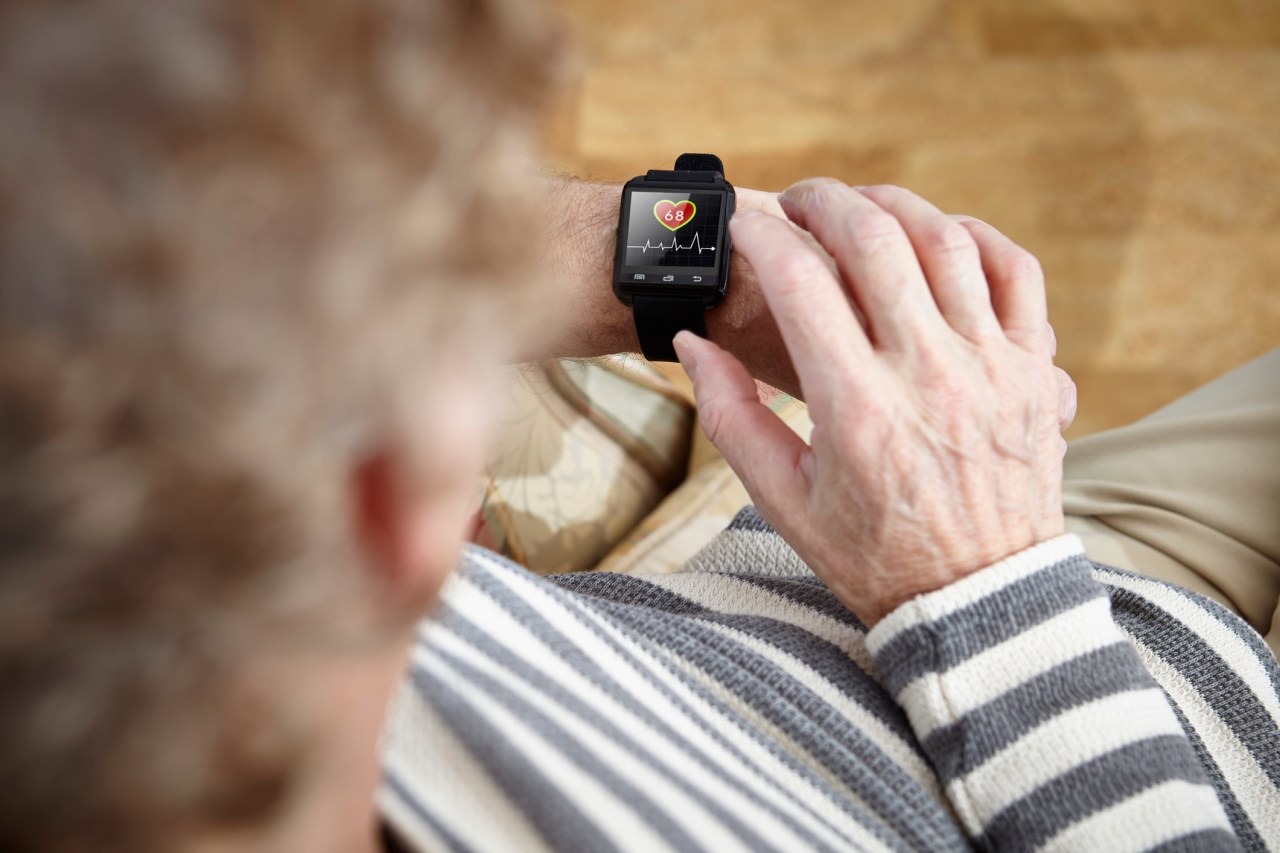As technology evolves, so does the landscape of healthcare. One of the most promising developments emerging on this frontier is digital biomarkers. Traditionally, healthcare relied on intermittent measures like blood pressure or temperature, taken during clinical visits. However, these outdated methods have hours, if not days, of lag time and limited access to real-time data. Digital biomarkers offer a revolutionary solution by capturing continuous data through wearable devices and smart technologies, allowing for real-time health monitoring and unprecedented insights into our well-being.
The Emergence of Continuous Monitoring
Gone are the days when patients had to be tethered to hospital machinery for consistent monitoring. With the advent of advanced sensors and cloud technology, continuous tracking of vital signs can be achieved conveniently at home. This shift allows healthcare providers to access a wealth of data in real-time, fostering early detection of potential health issues before they escalate—especially significant for chronic disease management and neurodegenerative conditions.
Unlocking Potential in Neurodegenerative Diseases
Neurodegenerative diseases such as Alzheimer’s, Parkinson’s, and mild cognitive impairment are difficult to diagnose due to a lack of easily accessible biological markers. Traditional methods, often involving costly imaging like MRI or PET scans, can be inadequate or inaccurate. Digital biomarkers present a novel opportunity to bridge this gap. For instance, studies leveraging eye-tracking, gait analysis, and cognitive tests using digital platforms have already shown promise in identifying early symptoms.
- Early Detection: Capturing changes in behavior or movement can lead to earlier diagnoses and intervention, as conditions like mild cognitive impairment can precede Alzheimer’s by several years.
- Cognitive Rehabilitation: Insight gained from continuous monitoring can facilitate targeted cognitive therapies that may slow disease progression.
Advancements in Mental Health Monitoring
The landscape for monitoring mental health disorders is equally compelling. Conditions like depression and anxiety have long lacked mainstream biological markers for diagnosis. Digital biomarker technology can provide a pathway to capturing pivotal data related to mood and behavior through passive monitoring via smartphones. Techniques to analyze vocal nuances and changes in communication patterns promise to provide insights into mental well-being, further empowering healthcare providers to tailor interventions.
Challenges to Widespread Adoption
Despite the potential benefits, several challenges remain. The integration of digital biomarkers into mainstream healthcare must address the following key areas:
- Data Privacy and Security: Ensuring the safety of patient data in a rapidly evolving digital environment is critical. Providers must grapple with compliance to regulations like HIPAA while allowing data sharing that enhances care delivery.
- Reliability and Validation: Digital biomarkers are relatively new. There’s a pressing need for robust clinical trials and research to substantiate their accuracy and reliability.
- Economic Factors: An established reimbursement framework for digital biomarkers has yet to materialize. Regulatory bodies need clarity on the financial implications of implementing these tools in standard care practices.
Looking Ahead: A New Era of Home-Based Healthcare
The COVID-19 pandemic has accelerated a shift towards home-based healthcare, demonstrating that efficient treatment can occur outside traditional settings. Digital biomarkers play a necessary role in this evolution, enhancing patient monitoring while reducing the need for hospitalization. By embracing these innovations, we can minimize healthcare costs, increase patient satisfaction, and improve care outcomes for individuals and families alike.
Conclusion
Digital biomarkers represent the frontier of healthcare innovation—a pathway toward taking better care of our health with every passing moment. As research and technology continue to mature, the healthcare community must focus on addressing the associated challenges while fostering a supportive ecosystem where these digital solutions can thrive. The future is promising, and it’s time to embrace the changes on the horizon.
At fxis.ai, we believe that such advancements are crucial for the future of AI, as they enable more comprehensive and effective solutions. Our team is continually exploring new methodologies to push the envelope in artificial intelligence, ensuring that our clients benefit from the latest technological innovations. For more insights, updates, or to collaborate on AI development projects, stay connected with fxis.ai.

